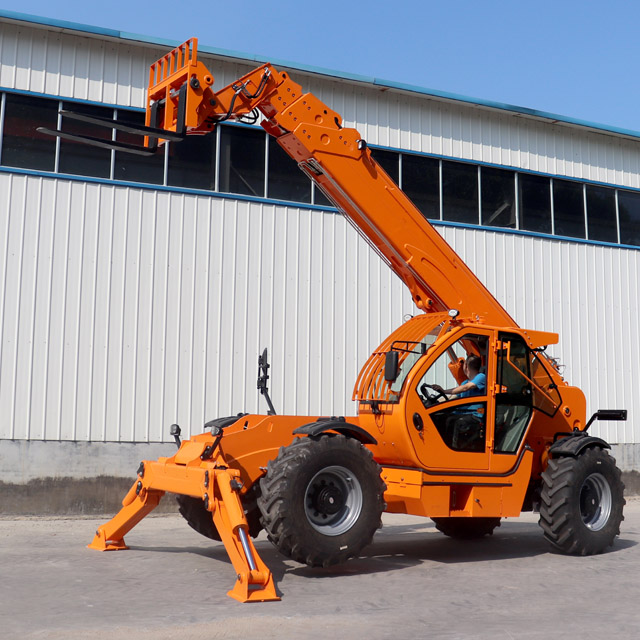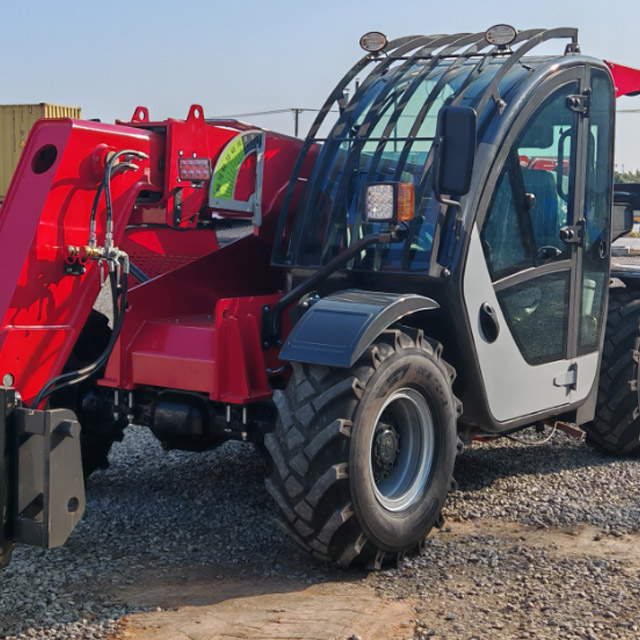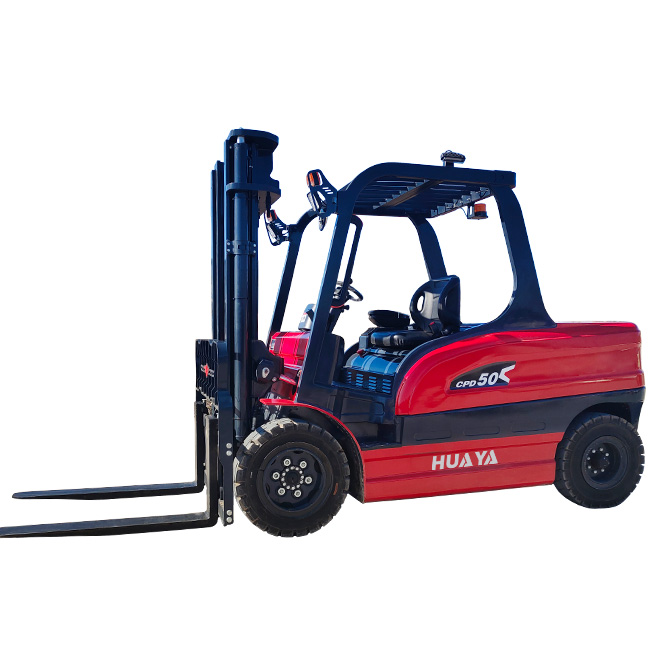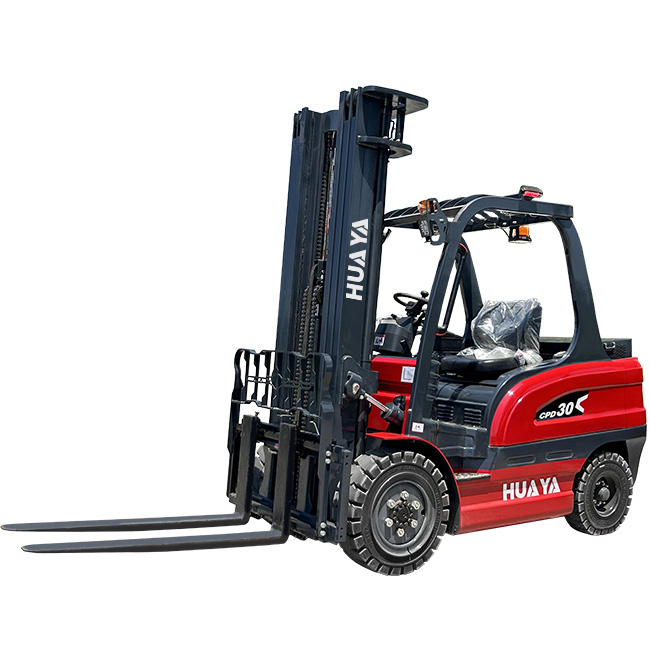Can Anyone Use a Telehandler?
12 Sep 2025
Operating heavy machinery like a telehandler might seem straightforward, but the reality is far from it. Telehandlers are powerful, versatile machines, and their safe use requires training, skill, and legal certification. So, can anyone just hop in and use one? The short answer is no. Let’s break it down.
What is a Telehandler?
A telehandler, or telescopic handler, is a hybrid between a forklift and a crane. It’s designed with an extendable boom that allows it to lift, move, and place heavy loads at varying heights and distances.
Why Are They Popular in Construction and Agriculture?
Telehandlers are incredibly versatile. Farmers use them for lifting hay bales, construction workers for moving pallets of bricks, and even warehouses for handling bulk materials. Their adaptability is why they’re found across multiple industries.
Basic Requirements for Operating a Telehandler
Age Restrictions
In most countries, operators must be at least 18 years old. Some regions may allow younger trainees under strict supervision, but full operation typically requires legal adulthood.
Physical Fitness and Safety Awareness
Operating a telehandler isn’t physically exhausting, but it demands sharp vision, good coordination, and situational awareness. Being alert and safety-minded is non-negotiable.
Legal Licensing and Certification
Do You Need a Driver’s License?
Surprisingly, a standard car driver’s license isn’t always required unless you plan to drive a telehandler on public roads. On-site use is governed by separate machinery regulations.
Telehandler Operator Certification Programs
Different regions enforce certification standards:
OSHA Requirements (USA)
The Occupational Safety and Health Administration (OSHA) requires operators to undergo formal training and evaluation before using telehandlers at work.
CPCS & NPORS (UK)
In the UK, the Construction Plant Competence Scheme (CPCS) and NPORS provide accredited training and cards proving operator competency.
Training Standards Across Countries
USA Training Requirements
Employers must ensure workers are trained per OSHA guidelines, often through certified trainers or vocational programs.
UK and EU Regulations
The UK’s CPCS card is widely recognized, while the EU requires compliance with EN standards.
Australia and Other Regions
Australia enforces High Risk Work Licenses (HRW) for telehandler operators, especially when attachments are involved.
Skills Needed to Operate a Telehandler
Basic Machinery Operation Skills
Operators must understand controls, levers, and safe maneuvering in tight spaces.
Understanding Load Charts and Stability
Every telehandler comes with a load chart that specifies safe lifting capacities at various boom lengths and angles.
Forward Reach and Boom Extension Safety
Extending the boom shifts the machine’s center of gravity, increasing tipping risks.
Terrain and Surface Awareness
Operators must assess whether the ground can support the telehandler’s weight.
Safety Considerations
Common Hazards with Telehandlers
Tipping over from uneven loads
Collisions with overhead power lines
Falls from platforms
Protective Equipment and Precautions
Operators typically wear hard hats, steel-toe boots, reflective vests, and sometimes harnesses when lifting personnel.
Can a Beginner Use a Telehandler?
Short-Term Training Courses
Yes, beginners can learn through 1–3 day training programs that combine classroom learning and hands-on practice.
Supervised Practice on Job Sites
Employers often require new operators to work under supervision until fully competent.
The Role of Employers in Training
Providing Safety Orientation
Employers must give site-specific safety training before allowing telehandler use.
Ensuring Competency Before Assignments
No employer should let an uncertified operator handle high-risk loads.
Telehandler Attachments and Complexity
Forks, Buckets, and Winches
Different attachments change how the telehandler operates. Using forks is simpler than operating a man-basket or crane jib.
Specialized Attachments and Their Risks
Attachments require extra training because they alter balance and handling.
Costs of Training and Certification
Training Program Fees
Expect to pay between $300–$1,000, depending on region and course level.
Renewal and Recertification Costs
Many certifications expire every 3–5 years, requiring renewal.
DIY vs Professional Training
Risks of Learning Without Formal Training
Learning “on the job” without training is dangerous, often leading to accidents, fines, and job loss.
Benefits of Accredited Courses
Certified operators enjoy higher employability and better safety records.
Insurance and Liability Issues
Employer Liability
If an uncertified operator causes an accident, the employer can face lawsuits and fines.
Personal Liability if Uncertified
Uncertified operators risk losing legal protection and even facing personal lawsuits.
Future of Telehandler Training
VR and Simulator-Based Training
More companies are adopting virtual reality simulators for safer, cost-effective training.
Digital Certifications and Tracking
Expect certifications to move toward digital ID cards and cloud-based tracking.
Myths About Telehandler Operation
“It’s Just Like Driving a Car”
It’s not. Telehandlers are far more complex, with risks like boom instability and heavy load handling.
“Anyone Can Use It Without Training”
This is a dangerous myth—training is mandatory for safety and legal reasons.
So, can anyone use a telehandler? No—only trained, certified, and competent operators can. These machines are powerful tools that demand respect, responsibility, and compliance with safety laws. Whether you’re in construction, farming, or logistics, proper training is the only safe way forward.
FAQ
1. Do I need a license to operate a telehandler?
Yes, you need a certification specific to telehandlers, not just a driver’s license.
2. How long does telehandler training take?
Typically, 1–5 days, depending on experience and attachments.
3. Can I operate a telehandler without experience?
No, beginners must undergo training and usually practice under supervision.
4. What happens if I operate one without certification?
You risk fines, legal issues, and even personal liability for accidents.
5. Is telehandler certification valid internationally?
Not always. CPCS (UK), OSHA (USA), and HRW (Australia) certifications differ by country.




